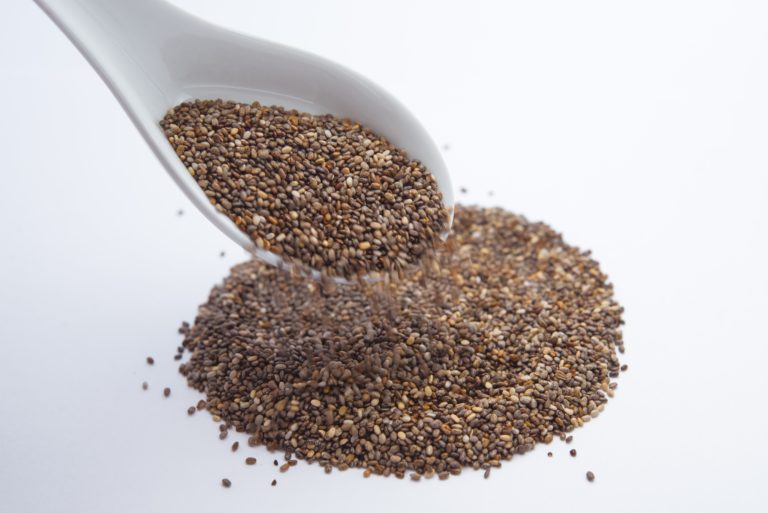Buckwheat: The Gluten-Free Grain Alternative You Need to Try
Buckwheat is a nutritious and versatile grain-like seed that has been a staple in many cultures for centuries.
Despite its name, it’s not related to wheat and is naturally gluten-free, making it an excellent option for those with celiac disease or gluten sensitivity.
In this article, we’ll explore the nutritional value and health benefits of buckwheat, as well as its culinary uses and how to buy and store it.
Nutritional Value of Buckwheat:
Buckwheat is a nutrient-dense food that is rich in protein, fiber, and various vitamins and minerals. One cup of cooked buckwheat grouts contains approximately:
| Nutrient | Amount |
| Calories | 155 |
| Protein | 5g |
| Fiber | 4g |
| Carbohydrates | 33g |
| Iron | 1mg |
| Magnesium | 114mg |
| Manganese | 0.5mg |
| Phosphorus | 86mg |
| Copper | 0.2mg |
In addition to these essential nutrients, buckwheat is also a good source of antioxidants and other beneficial plant compounds, such as rutin and quercetin.
Culinary Uses of Buckwheat:
Buckwheat is a versatile ingredient that can be used in a variety of dishes. Some popular ways to incorporate buckwheat into your diet include:
Buckwheat groats: These are the hulled seeds of the buckwheat plant that have been roasted or steamed. They can be cooked and used as a side dish or added to soups and stews.
Buckwheat flour: Buckwheat flour is a gluten-free alternative to wheat flour and can be used to make pancakes, waffles, and other baked goods.
Soba noodles: Soba noodles are a type of Japanese noodle made from buckwheat flour. They can be used in stir-fries or served cold with a dipping sauce.
Health Benefits of Buckwheat:
Buckwheat has several health benefits, including:
Helps manage blood sugar levels: Buckwheat has a low glycemic index, which means it doesn’t cause a rapid increase in blood sugar levels after eating. This makes it a good option for people with diabetes or those looking to manage their blood sugar levels.
Supports heart health: Buckwheat contains several nutrients, such as magnesium and fiber, that are beneficial for heart health. Studies have shown that eating buckwheat can help reduce the risk of heart disease.
Provides antioxidants: Buckwheat is a good source of antioxidants, which can help protect your cells from damage caused by free radicals. These compounds may also have anti-inflammatory properties, which can reduce the risk of chronic diseases such as cancer.
Promotes digestive health: Buckwheat is high in fiber, which can help promote digestive health and prevent constipation.
How to Buy and Store Buckwheat:
When buying buckwheat, look for unprocessed groats or flour that is certified gluten-free. Store buckwheat in an airtight container in a cool, dry place for up to six months. You can also store cooked buckwheat in the fridge for up to three days.
Conclusion:
Buckwheat is a nutritious and versatile food that can be a great addition to your diet. It’s rich in protein, fiber, and various vitamins and minerals, and has several health benefits, including supporting heart health and managing blood sugar levels.
Buckwheat can be used in a variety of dishes, from soups and stews to pancakes and noodles, making it a versatile ingredient to keep in your pantry.
Also Read:







